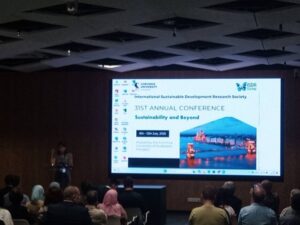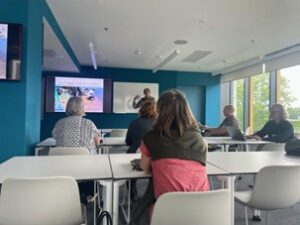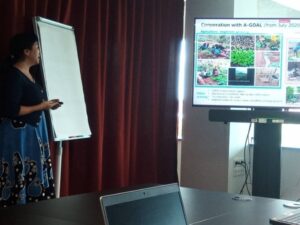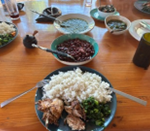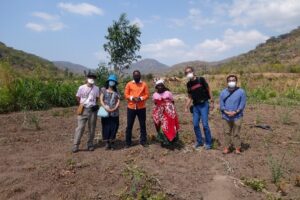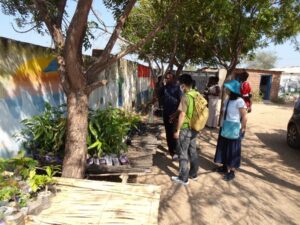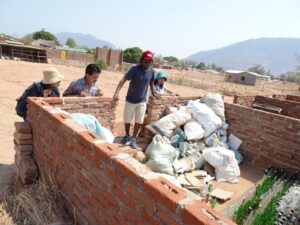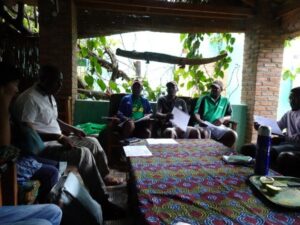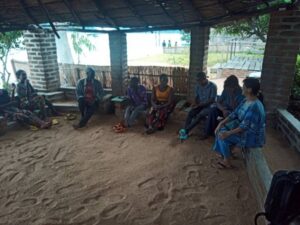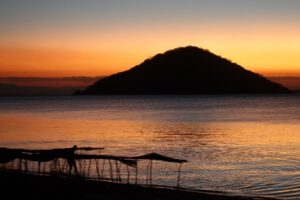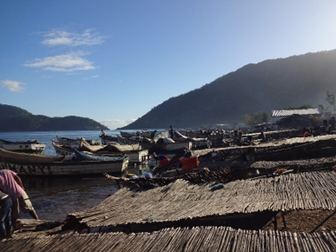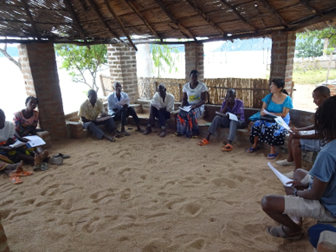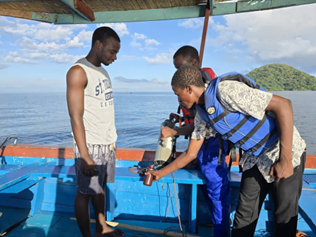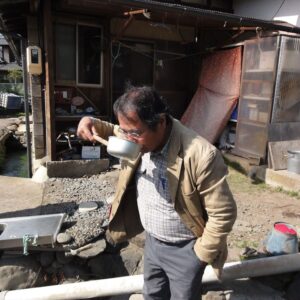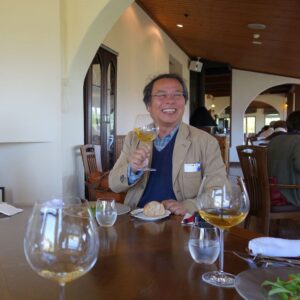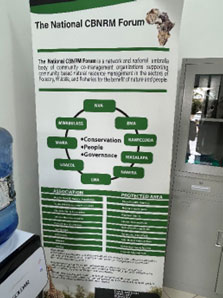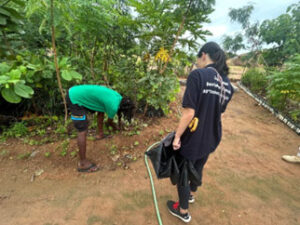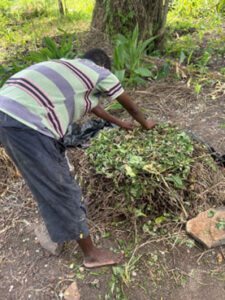 July 2025 Research in Yakushima Talandila Kasapila
July 2025 Research in Yakushima Talandila Kasapila
From July 25th to August 1st, 2025, Talandila Kasapila, a long-term researcher at Ehime University, conducted research in Yakushima.
This is the third on-site research in Yakushima for his master’s thesis. He was able to share, evaluate, and validate the findings with previous research participants,
get feedback on the preliminary findings, and conduct interviews with new stakeholders (local fishermen and farmers).
- Visit the World Heritage Site, Yakushima Jomon Cedar
- Interview with Mr. Uchida of Yakushima Town Hall
- Interview with Yakushima local fisherman
- Interview with the producer of a Moss Academy




